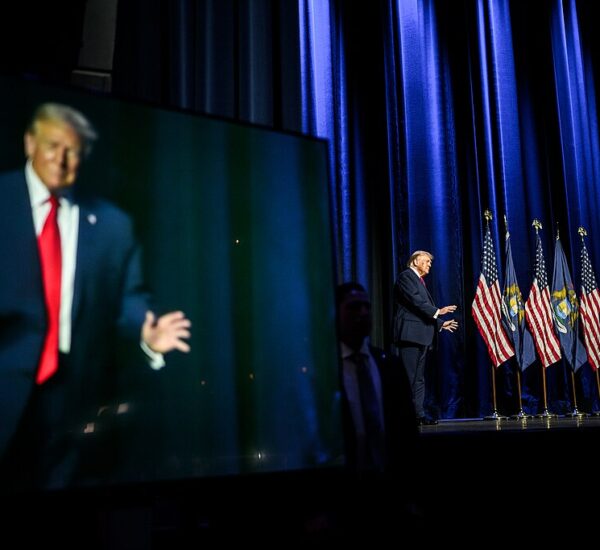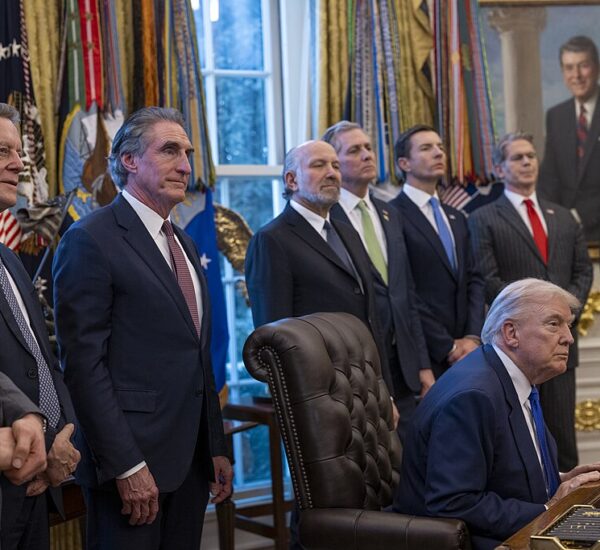Trump Blocked From Deporting Who?
Controversy grows as immigration enforcement efforts face judicial roadblocks amid rising campus unrest.
In a case raising serious questions about immigration enforcement and campus radicalism, a federal judge appointed by former President Bill Clinton has blocked Immigration and Customs Enforcement (ICE) from deporting a Columbia University student linked to anti-Israel protests.
The student, 21-year-old Yunseo Chung, is a South Korean national and lawful permanent U.S. resident. She recently filed a legal challenge to stop her removal from the country after ICE reportedly attempted to detain her at both her family’s residence and her college dormitory.
The demonstrations in question were part of a growing wave of Middle East activism sweeping college campuses nationwide—sparking concern among many Americans about rising hostility toward Israel and free speech boundaries on public campuses.
Judge Temporarily Halts Deportation Effort
U.S. District Judge Naomi Reice Buchwald granted a temporary restraining order to prevent ICE from detaining or deporting Chung while the case proceeds. The order also requires the Biden-era immigration authorities to notify the court before taking any further action against her.
Buchwald, a longtime federal judge appointed by a Democrat president, will now weigh arguments over whether ICE’s actions violate the student’s constitutional rights—specifically, the First Amendment, which protects freedom of speech.
ICE Cites National Security Law in Case
Federal authorities say their effort to detain Chung is rooted in national security. The same legal provision was used in the case of another Columbia student activist, Mahmoud Khalil, who played a leadership role in the protests.
That law allows the Secretary of State to remove noncitizens if their continued presence in the U.S. is believed to pose a serious foreign policy risk—a power rarely used, but legally available.
Chung’s legal team argues the government is retaliating against her for political expression—a claim that adds a new layer of tension to the already heated debate over free speech, student activism, and immigration enforcement.
Progressive Legal Groups Rush to Her Defense
Chung is being represented by a coalition of left-leaning organizations, including the CLEAR Project at CUNY, Human Rights First, and the Lawyers’ Committee for Civil Rights of the San Francisco Bay Area.
In court filings, her attorneys called ICE’s actions “an unprecedented and unjustifiable assault on First Amendment rights,” and warned that “immigration enforcement cannot be used to silence political opinions disfavored by government officials.”
A Larger Trend?
This case comes as concerns grow about how college campuses are becoming flashpoints for radical activism, often at odds with American values. Many older Americans worry that students are being influenced by anti-American rhetoric and foreign agendas—all while enjoying the benefits of taxpayer-funded education and U.S. legal protections.
As the legal battle unfolds, many are watching to see whether the court will prioritize national security concerns or side with activist claims of free speech violations. Either way, the outcome may set a powerful precedent for how future immigration enforcement cases involving political protests are handled.






